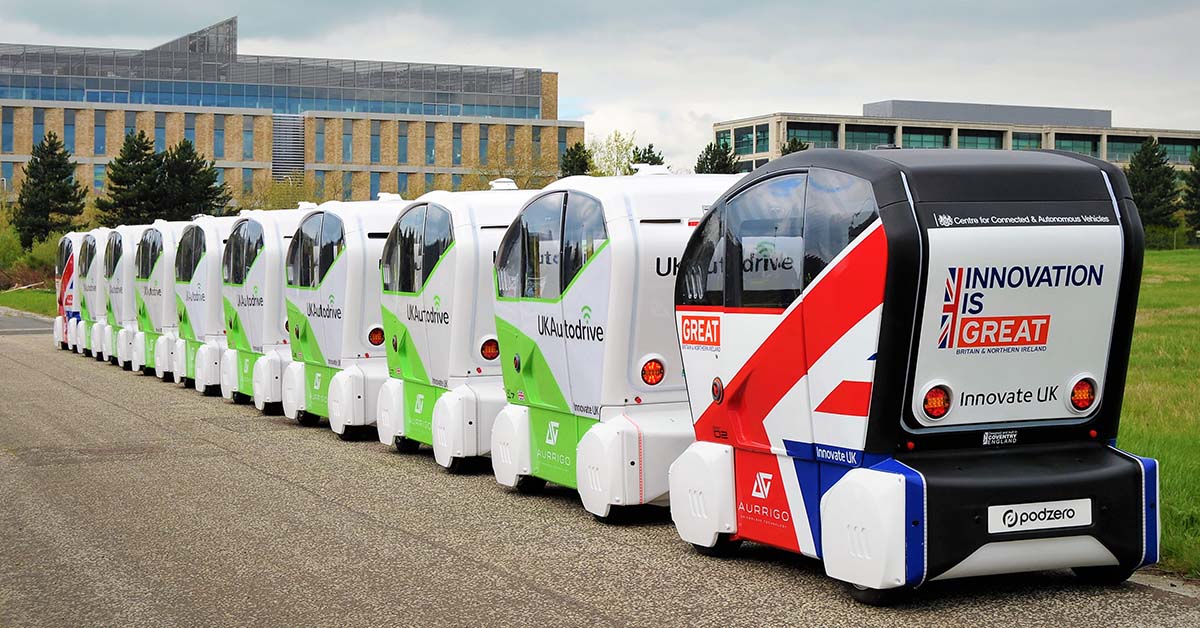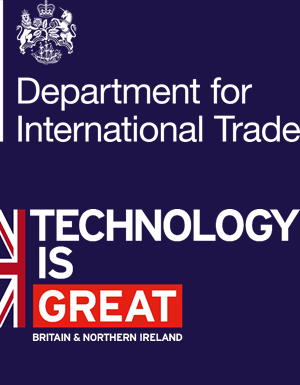| row-start col-xs-12 |
| row-start col-md-7 |
The Future of Mobility
Perhaps one of the most futuristic technologies currently in development, driverless cars are creating fanfare throughout the world. Set to be one of the biggest infrastructure transformations since the invention of the railway, the world is waiting with bated breath to see how the industry transforms its cutting-edge vision into mainstream adoption.
And it’s a sector in which the UK sits in pole position.
The UK government is investing heavily in autonomous cars, including proposals for insurance law codes of practice for testing driverless vehicles, and trials being carried out across the country. It is thought the industry in the UK will be worth up to £52 billion by 2035 – a huge portion of the global market’s predicted value of £907 billion – and a target has been set for autonomous cars to be in commercial use in the UK by 2021, a move that would make the UK one of the world’s first to embrace the technology.
In the private sector, Westfield Technology Group is one of the UK businesses leading the autonomous vehicle charge. The Westfield POD (known as self-driving vehicles) has been extensively trialled across Heathrow Airport Terminal 5, completing over five million kilometres. Most recently, the organisation worked with the GATEway project in London, putting its PODs onto the road to navigate a 3.4km route around UK public roads. Using advanced sensors and state-of-the-art autonomy software to detect and avoid obstacles, they picked up and dropped off passengers at four designated POD stops.
Elsewhere, Ordnance Survey – an established UK company with a heritage in mapping – has been supporting the push towards driverless cars through the E-CAVE project (Enabling Connected and Autonomous Vehicle Environments). By creating digital simulations, it uses models to discover how driverless cars can be deployed in the UK – helping to put in place the infrastructure needed.
Ordnance Survey is also a key partner in South Korea’s £30 million project to bring autonomous electric pods to North Gyeongsang. Working with Westfield Technology Group, the company will help deliver five pods as part of an initial trial.
Meanwhile the University of Oxford’s Oxbotica is creating hardware for trials around the UK. These include working with online shopping hub Ocado to create an autonomous shopping delivery system, which was trialled in London, allowing residents to order gift hampers that were delivered to their home by robots.
Oxbotica also has secured nearly £9 million in funding and following successful trials in Oxford is bringing its autonomous vehicles to London’s roads. The trials are a major milestone for the DRIVEN consortium, an Innovate UK-backed research project formed of several organisations, including Oxford Robotics Institute, the UK Atomic Energy Authority’s robotics centre, and Transport for London (TfL). The project has hugely benefited from an £8.6 million grant awarded by Innovate UK.
With a focus on practical innovation, the UK is driving the industry forward – setting the pace for the rest of the world.
| col-sm-12 col-md-5 row-end top-80 |



